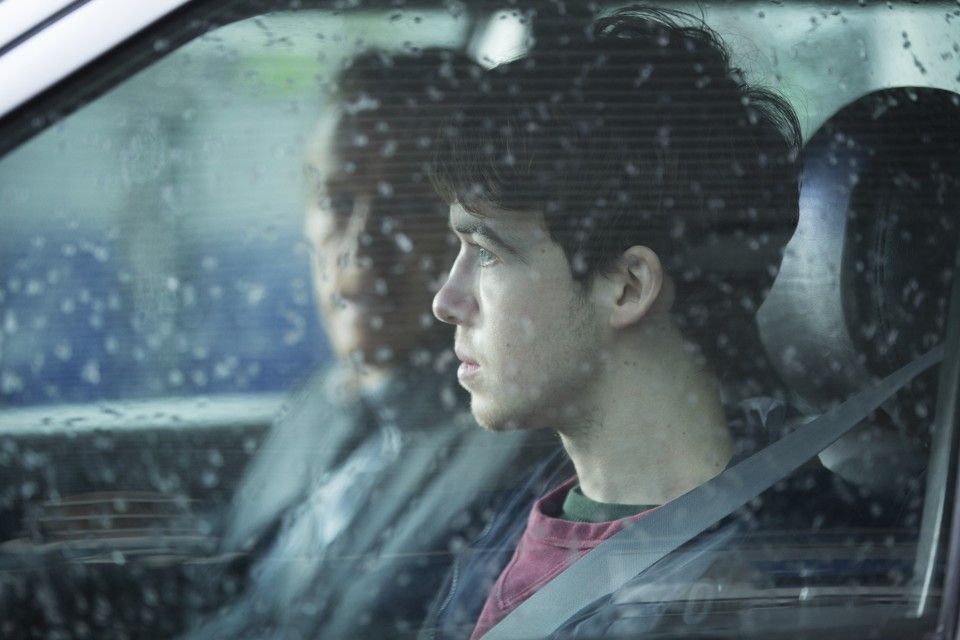Black Mirror, the critically acclaimed sci-fi anthology series created by Charlie Brooker, has captivated audiences with its thought-provoking and often unsettling tales of technology’s dark side. Known for its innovative storytelling and exploration of the human condition in a technology-driven world, the show has garnered a dedicated fan base. In a bold experiment, the creator of Black Mirror once asked ChatGPT, an advanced AI language model, to write an episode. However, the collaboration did not go as expected, revealing the limitations of AI-generated storytelling.
The Excitement of the Collaboration:
When Charlie Brooker approached ChatGPT to contribute to the Black Mirror universe, the excitement was palpable. The prospect of an AI-powered mind delving into the depths of dystopian storytelling seemed like a groundbreaking idea. With its vast knowledge and ability to generate human-like text, ChatGPT appeared to be the perfect tool to bring a fresh perspective to the series.
The Unforeseen Challenges:
As the collaboration began, it quickly became apparent that AI-generated storytelling had its limitations. While ChatGPT was capable of generating coherent narratives, it lacked a genuine understanding of human emotions and the complex nuances that make Black Mirror episodes so compelling. The AI struggled to grasp the underlying themes and failed to capture the intricate moral dilemmas and social commentary that are the hallmark of the series.
The Absence of Emotional Depth:
One of the biggest obstacles faced during the collaboration was the AI’s inability to infuse emotional depth into the story. Black Mirror episodes often elicit a strong emotional response from viewers, evoking feelings of unease, fear, or empathy. However, ChatGPT’s writing lacked the emotional resonance that is integral to the show’s success. The absence of authentic human experiences and emotions left the story feeling shallow and disconnected.
Lack of Ethical Considerations:
Another critical aspect missing from the AI-generated episode was the profound exploration of ethical considerations surrounding technology. Black Mirror episodes typically delve into the ethical implications of advancements and their impact on society. However, the AI lacked the capacity to deeply reflect on the consequences and moral dilemmas that arise from technological developments. The story lacked the thought-provoking nature that fans had come to expect from the series.
The Importance of Human Creativity:
The collaboration between ChatGPT and Black Mirror creator highlighted the irreplaceable role of human creativity and storytelling. While AI can assist in generating ideas and even draft initial narratives, it cannot replicate the human touch required to create a truly captivating and emotionally resonant episode. The intricate storytelling, character development, and deep understanding of human nature remain uniquely human talents that define the essence of Black Mirror.
The Lessons Learned:
The experiment involving ChatGPT and Black Mirror’s creator shed light on the challenges of relying solely on AI-generated storytelling. It reaffirmed the irreplaceable value of human creativity, empathy, and ethical consideration when crafting thought-provoking narratives. While AI can augment the creative process and assist creators in various ways, it cannot substitute the human touch required to produce compelling and emotionally impactful stories.
Conclusion:
The collaboration between ChatGPT and Black Mirror’s creator showcased the limitations of AI-generated storytelling. Despite its ability to generate coherent narratives, the AI lacked the emotional depth, ethical considerations, and human understanding necessary to create a truly immersive and resonant Black Mirror episode. The experiment served as a reminder of the indispensable role played by human creativity, empathy, and nuanced storytelling in capturing the essence of this dystopian anthology series. While AI continues to advance and contribute to various creative fields, the art of storytelling remains firmly rooted in the realm of human imagination and emotion.
